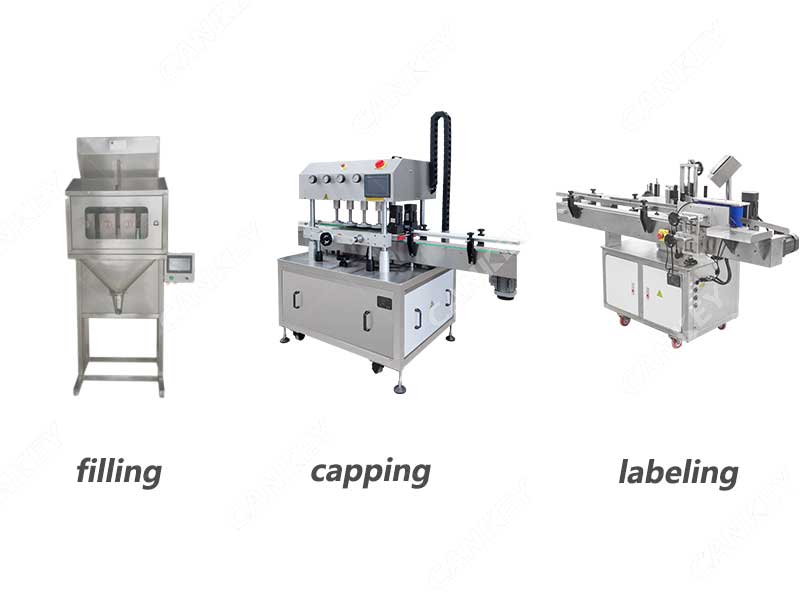In the ever-evolving landscape of manufacturing and packaging industries, efficiency and precision are of utmost importance. Particle filling machines play a crucial role in automating the packaging process, ensuring accurate measurements and minimizing wastage. As technology advances, digital control particle filling machines have emerged as a popular choice for businesses seeking enhanced control and productivity. However, understanding the price factors associated with these machines is essential for making informed investment decisions. In this article, we delve into the various factors that influence the price of digital control particle filling machines.
Machine capacity:
One of the primary factors impacting the price of a digital control particle filling machine is its capacity. The capacity refers to the amount of particles the machine can handle within a specified time frame. Machines with higher capacities typically come with a heftier price tag due to their ability to handle larger production volumes. The desired capacity depends on the production requirements and target output of the business.
Filling accuracy and precision:
The level of accuracy and precision offered by a digital control particle filling machine is another crucial factor affecting its price. Advanced machines equipped with high-precision sensors and sophisticated control algorithms are designed to minimize errors and ensure consistent fill weights. Such precision often translates into a higher cost due to the incorporation of superior technology and quality components.
Customization and flexibility:
The ability to customize a digital control particle filling machine according to specific production needs is an important consideration. Machines that offer flexibility in terms of adjustable fill weights, customizable programming, and compatibility with different types of particles tend to be priced higher. Customization options allow businesses to adapt the machine to their unique requirements, which can optimize efficiency and reduce product wastage.
Construction and material quality:
The construction quality and materials used in the manufacturing of a particle filling machine significantly impact its durability and overall performance. Machines constructed with high-quality materials, such as stainless steel, are more resistant to corrosion and wear, making them a preferred choice in industries where sanitation and cleanliness are critical. While machines with superior construction tend to have higher upfront costs, they often provide long-term value and reliability.
Integration and automation:
The level of integration and automation offered by a digital control particle filling machine can influence its price. Machines equipped with advanced features like automatic feeding, capping, and labeling capabilities tend to be priced higher than basic models. Automation streamlines the packaging process, reduces manual labor requirements, and improves overall efficiency. Therefore, businesses with higher production volumes may find the additional cost justified by the increased productivity and reduced labor costs.
Brand reputation and support:
The reputation of the manufacturer and the availability of reliable after-sales support are crucial factors to consider when assessing the price of a digital control particle filling machine. Established brands with a track record of delivering quality products and providing excellent customer support may command a premium price. Investing in a reputable brand ensures access to technical assistance, spare parts, and warranty coverage, which can contribute to long-term cost savings and uninterrupted operations.
When considering the price of a digital control particle filling machine, it is essential to evaluate various factors that impact its cost. By carefully analyzing these factors in relation to your specific production requirements, you can make an informed decision and invest in a particle filling machine that optimizes efficiency, accuracy, and productivity in your packaging operations.


